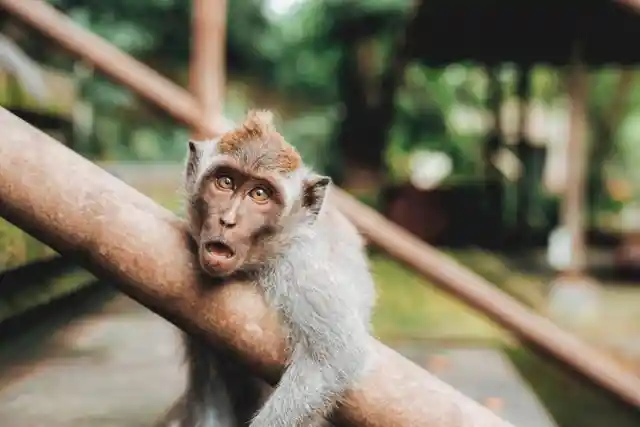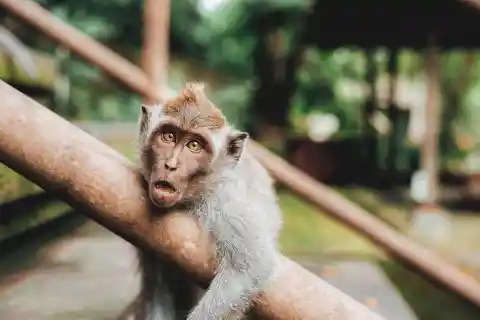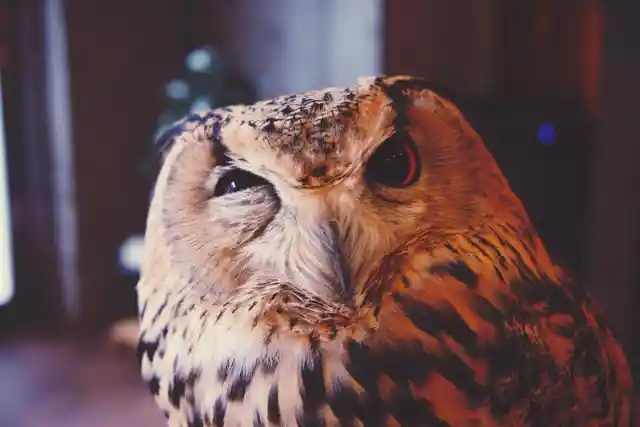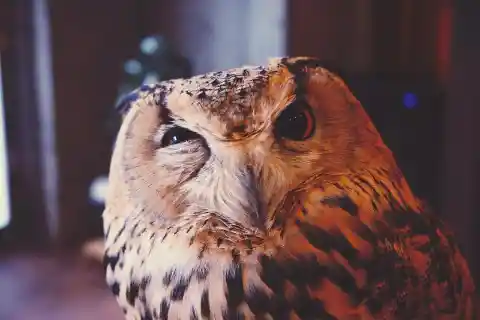Is jealousy a typical human trait? No way, say researchers. Animals suffer from it, too.


Can you measure whether an animal is jealous?
Suspecting that a dog or monkey is jealous is one thing. But plenty of skeptics are not in favor of using human designations for emotions for animals as well. How do we know it's really about jealousy? People who say that jealousy does not exist in animals confuse the two. They say: you have to be able to feel what your dog is feeling, to know if it is jealous.'
Feelings are never accessible to others
But that argument also applies to humans. 'If you say you are jealous, I am quite willing to believe that. But I can't feel what you feel either. Feelings are never accessible to others. If you exclude them, then you get to behavior and emotional reactions. And we can measure those. You can measure facial expressions, your voice, and your temperature... In science, we make definitions of emotions like jealousy, and based on that we measure.'
Different types of jealousy
Two forms of jealousy may exist in animals as much as in humans. 'In animals that have exclusive pair bonds, like many birds, there is often sexual jealousy: not wanting that exclusivity to be broken by someone else.'


Very recognizable to us humans and quite obvious. More striking is the third form De Waal mentions. 'You see a lot of strategic jealousy between male chimpanzees.' That has everything to do with political relationships. 'Suppose you have a leader, like a chimpanzee alpha male. He may be dependent on a mate who supports him. And he suddenly sees that mate fleecing his biggest rival... Then such a leader can get upset and intervene.' In a strategic intervention, he tries to prevent his backer from forming a bond with someone else. 'Just like in Dutch politics, there you also sometimes see rapprochement attempts between two parties that a third party is very unhappy with. That divide and rule strategy where the alpha male tries to prevent bonds from forming outside of him is very common.'
Jealousy in animals is functional
With humans, jealousy is often seen as something negative. But looking at animals, both scientists say it is very functional, depending on how you deal with your jealousy. Vinke: "Animals that exhibit this so-called intervention behavior less and thus do not demand social care and support are more likely to perish in the selection process. The quality of your social networks increases your chances of survival. It has also been shown in primates that animals that exhibit intervention behavior are more successful.